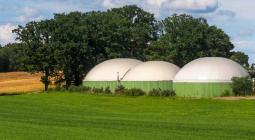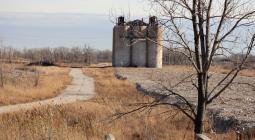Why corn ethanol is worse for the climate than petrol
Ethanol made from maize has been touted as a green fuel, but a closer look at its production puts paid to this claim
Ethanol made from corn was touted as a clean, renewable fuel for vehicles. Because the maize plants absorb carbon dioxide as they grow they were deemed environmentally friendly, and this is now big business in the US where billions of gallons of ethanol are blended into nearly all petrol supplies.
The problem is that actually ethanol is worse for the climate than petrol. Growing maize and producing ethanol from its starch ends up creating more greenhouse gas emissions than petrol – tilling the land for maize releases carbon in the soil, fertilisers produce their own emissions and emissions are given off when ethanol is burned in engines.
If that were not bad enough, higher ethanol blends also produce significant levels of air pollution, reduce fuel efficiency and can damage engines.
Growing maize has big effects on land, from soil erosion to poor water quality. Turning large areas of land over to intensive farming of maize for ethanol has squeezed the amount of food crops being grown and raised food prices. As a result, the scientists behind the study say, farmers have to plant more crops using more fertiliser, and with less time to leave fields to lie fallow.
Cover photo: Corn being harvested for ethanol production in Missouri. Photograph: Bloomberg/Getty Images






